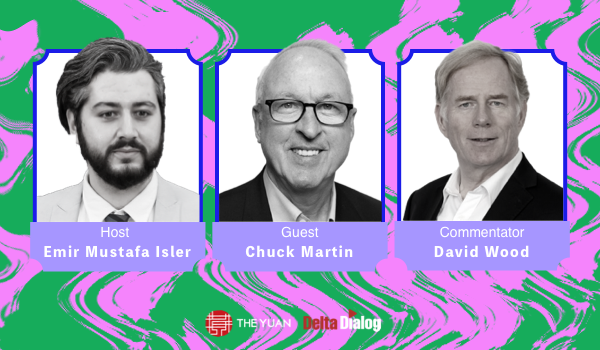
ISTANBUL -
Generative AI in Business and Beyond
The landscape around generative AI is evolving, presenting both opportunities and challenges. As the forefront of technological innovation, Generative AI is redefining how businesses operate, streamlining processes, and offering novel solutions to age-old problems. This technology, at the intersection of creativity and computation, is not just transforming industries but also reshaping the very fabric of societal interactions and economic structures. With its ability to analyze data and generate models, Generative AI is a tool for companies seeking a competitive edge in a rapidly changing digital world.
The ethical implications of Generative AI are as profound as its capabilities. As this technology advances, it brings forth questions about privacy, data security, and the moral responsibilities of AI developers and users. The balance between harnessing the power of AI and ensuring ethical standards is a tightrope walk. The development of AI systems that reflect fairness and inclusivity is crucial, particularly in a world where bias in AI can have far-reaching consequences. This necessitates a multidisciplinary approach, where technologists collaborate with ethicists, policymakers, and the wider public to create AI solutions that are not only effective but also fair and transparent.
The impact of AI on employment is another critical area of discussion. While AI has the potential to automate routine tasks, increasing efficiency, it also poses a risk to certain job sectors. The future of work in an AI-driven era might lean towards roles that emphasize human creativity and strategic thinking, areas where AI currently cannot fully replicate human nuances. This shift calls for a reevaluation of skill sets and educational paradigms, preparing the workforce for a future where human-AI collaboration becomes the norm in professional settings.
In the context of global politics and military applications, AI poses unique challenges. The advent of autonomous weapons and surveillance technologies powered by AI raises concerns about the future of warfare and international relations. Safeguarding democratic values in this new age requires oversight and international cooperation to establish norms and regulations that govern the use of AI in defense. The potential for AI to be a tool for both protection and aggression necessitates a careful and considered approach to its deployment on the global stage.
What’s in it for me? / Why should I care?
Looking to the future, the trajectory of AI development is set to continue its rapid pace, with implications that stretch far beyond current capabilities. The next five years could witness breakthroughs in AI that further blur the lines between human and machine intelligence. As society stands on the edge of these advancements, it’s important to navigate this journey thoughtfully, ensuring that the benefits of AI are accessible to all and aligned with the broader goals of enhancing human well-being. The dialogue surrounding AI is not just about technological progress but about shaping a future that resonates with the core values of humanity.
Further Reading:- OpenAI’s leadership drama will have far-reaching repercussions
- AI deployment is changing how business works in every industry
- Has GenAI disappointed or just landed at the peak of inflated expectations?





 198 views
198 views







